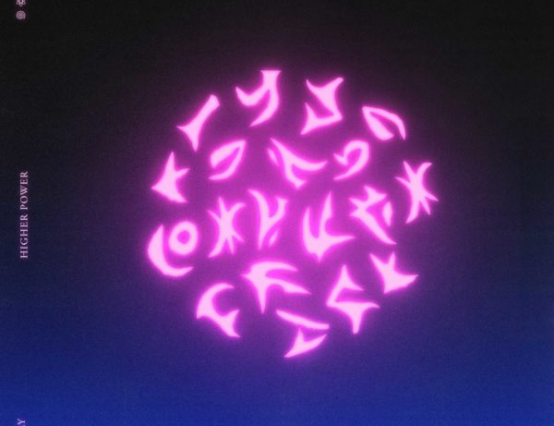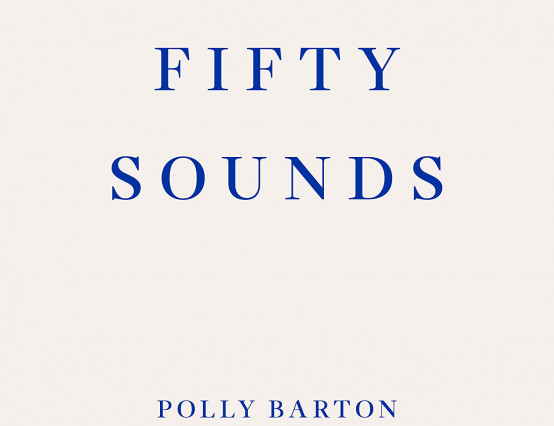Using an epistolary form, Passerine tracks the stages of mourning through musings on nature, moving from an introspective focus to offer universally-encompassing insights into grief and modernity while showcasing a delicate attention to language and form throughout.
The book is composed of dozens of poems with the identical title ‘Dear Sophie,’ - though this uniformity thankfully does not extend to the poems themselves. Each poem utilises an almost unique form, ranging from traditional lineation to prose poetry and the concrete. The most accomplished pieces here play with space in innovative ways, offering a multiplicity of readings stemming from their arrangement on the page. The poem-letter dated 11th August features two parallel stanzas, new and haunting images emerging ghostlike when their lines are read across the chasm between them, rather than down the page.
Some of these experiments don’t fare so well, however. ‘Dear Sophie,’, dated 9th June, is comprised of the single couplet ‘If I ever use the word petrichor / just shoot me’, with a large gulf separating the lines. This lands like the poetic equivalent of a you-had-to-be-there joke, undermining Passerine’s otherwise close attention to language.
While Luckins’ formal play is impressive, her vivid attention to detail and delicacy of imagery demonstrates her full range of poetic talent. Indeed, the haunting, sinister tone of the collection is apparent from its first page, the vivid imagery of arms ‘blotch[ed] with brown-maroon bruise, / damson rotten under the foxing’ alluding to an unspeakable despair that can only be captured in the periphery. The bruise can be described, but what has caused it remains unsayable.
Luckins also casts an inner eye to the workings of the language itself, smartly inverting the clichéd to make language new again. ‘How in earth will you talk?’, she asks in 3rd October, turning a hackneyed phrase into a heartbreakingly concise keen.
If Passerine’s themes seem themselves clichéd and hackneyed at times (the collection’s subject matter encompasses all things Wordsworthian), Luckins refreshes these images by using them as jumping boards to explore the stages of mourning, and in doing so crafts a refreshingly sparse collection that touches you as softly as a passerine might land on a patch of snow, leaving its unmistakable imprint on the surface all the same.
Of course, any poem that so much as references nature in the 21st century automatically becomes ‘about’ climate change on some level. Luckins smartly leans into this, blurring the perceived borders between mourning an individual and mourning for our planet until these two types of grief become indistinguishable. Often, this coupling is accomplished in the periphery, such as in the coded message that appears in the ashen letters dated 27th July: ‘I look at … the … burning … world … and … love it’. Even when nature takes centre stage, Passerine never ceases to be a mournful, elegiac meditation on grief.
That’s not to say everything here is delicate, with some poems charged with the vitriol necessary to tackle urgent subjects, while never losing a sense of the poetic. ‘O! Convenience! What a brutal god you turned out to be … you won’t be happy / until we’ve slaughtered every last creature on the planet’, Luckins writes in the poem dated 25th April. Such opacity may not be the vogue in poetry, but few will deny its sentiments.
However, some lines are less inspired, even reaching the point of banality. Consider ‘that bald / gammon at the bus stop on the day we were meant to Brexit’, appropriating a trite adjective and stereotypes that conjure up division. When Luckins steers too heavily into the prosaic, one can’t help but think she could have found a way to use ‘petrichor’ to better evoke these sentiments.
That said, Luckins’ linguistic choices are carefully considered. Her whimsical juxtaposition of inflammatory headlines with gritty and familiar imagery of the everyday (‘the local pigeons fuck on my bathroom windowsill’) in the piece dated 23rd April, as well as self-reflexive explorations into the nature of writing metaphors in 13th June, attest to Luckins’ poetic sensitivity.
This omnipresent acknowledgement of the contemporary realities behind the poet’s sometimes glistening imagery ensures that Passerine remains grounded carefully in realism, making its grief all the more potent while highlighting the role the poetic plays in helping us to escape from the drabness of the world.
Spanning a range of subject matters, poetic forms and tones, Passerine is an exciting showcase of the depth and breadth of contemporary poetry, resplendent with vividly original imagery and experimentation - even if some of its experiments ultimately fare better than others.
Passerine is available from Bad Betty Press.









0 Comments